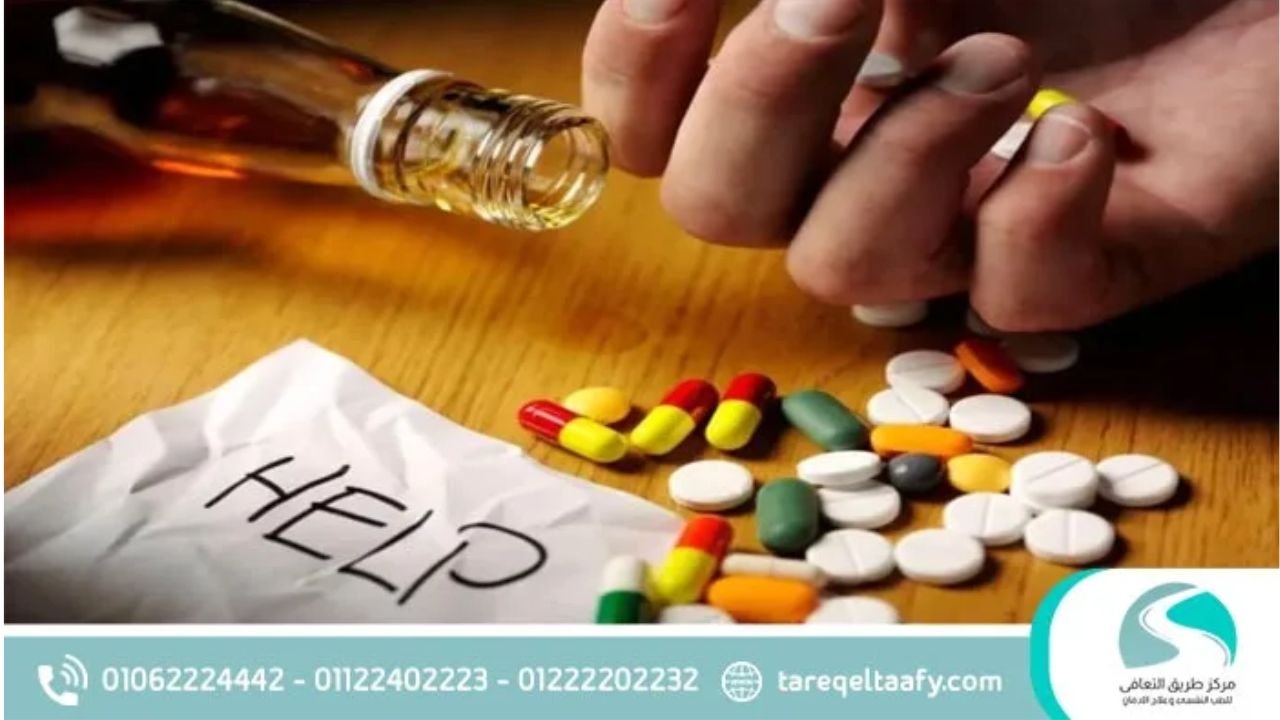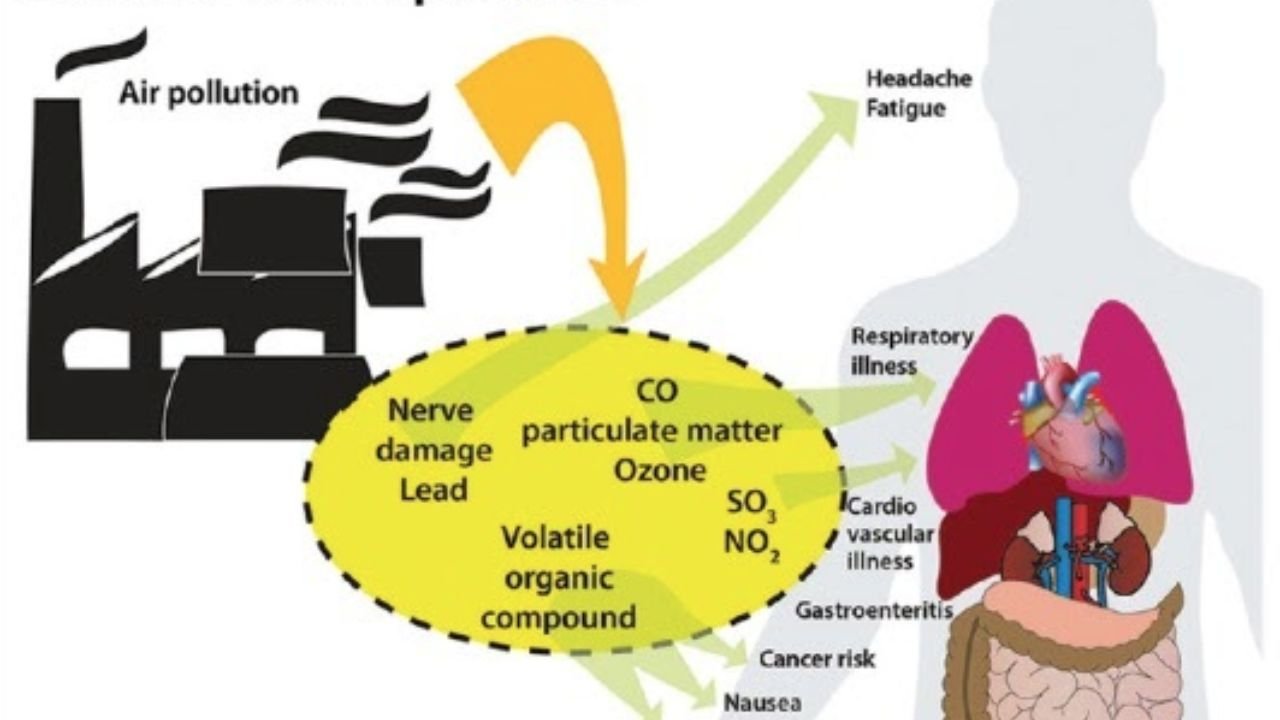Addiction recovery is a very complex process which deals with the physical, mental and emotional sides of the dependence. Addiction medicine is very instrumental in the direction of comprehensive healing that an individual must be subjected to. Combinations of medical knowledge and evidence-based interventions provide support that assists in withdrawal symptoms control, decreases the cravings, and enhances general well-being.
Understanding Addiction Medicine
Addiction medicine is a specialized branch of healthcare dedicated to diagnosing, treating, and preventing substance use disorders. Physicians trained in addiction medicine consider a holistic perspective, addressing the physical and mental health challenges associated with addiction. Treatment plans aim to support patients throughout their recovery by combining medical interventions with therapeutic guidance.
A key aspect is recognizing that every individual’s recovery needs are unique. Personalized treatment plans may include medications, behavioral therapies, or a combination of both. These tailored approaches provide a foundation for long-term stability and improved quality of life.
Treatments of Physical Withdrawal
One of the most difficult stages of recovery may include withdrawal. Such treatment makes this process easier by providing supervised withdrawal of drugs medically. At this period, the medical personnel employs drugs to relieve symptoms like nausea, anxiety and insomnia. The method helps people stay safe and comfortable, limiting the risks of relapse at the crucial stage. Also, the medical personnel tracks the progress of the patient and changes the treatments accordingly. This type of care is a move into the next phase of recovery in terms of counseling or group therapy.
Supporting Mental and Emotional Health
Addiction medicine is not limited to addressing physical symptoms. It also emphasizes mental and emotional well-being through integrated care models. For individuals recovering from substance use, the psychological challenges can be as complex as the physical ones. Feelings of guilt, shame, or anxiety are not uncommon, and these emotions can act as triggers for relapse.
Medication-assisted treatments (MAT), combined with counseling or psychiatric care, help individuals regain emotional stability. For instance, medications like buprenorphine or naltrexone are often used alongside therapy to treat opioid and alcohol dependence. These medications reduce cravings and allow individuals to engage more effectively with therapeutic interventions.
Building a Foundation for Long-Term Recovery
Addiction medicine also focuses on preventing relapse and building sustainable recovery practices. One way it does this is through ongoing care and follow-up. Regular check-ins with healthcare providers enable progress tracking and adjustment of treatment plans as needed. Education about addiction and its triggers equips individuals with the knowledge to make informed decisions during their recovery.
A Guide to Families
The addiction medicine does not only apply within the recovered person. There are also problems that can occur in that process by principals such as family members and support networks. Encouraging families to communicate more with medical professionals can improve their awareness of what their loved person is going through and support them in a sufficient manner. Educational material, family counseling, constant communication creates a momentum, which may result in a successful recovery. The therapy therefore establishes the teamwork strategy in which the interests of both the subject and his or her environment are taken account of.
Moving Forward
For individuals seeking recovery and the family members supporting them, addiction medicine offers a resource. It bridges the gap between medical care and emotional healing, creating a comprehensive approach to overcoming substance use challenges. By focusing on personalized treatment, managing withdrawal symptoms, and strengthening mental health, this medicine lays the foundation for a sustainable recovery journey.



